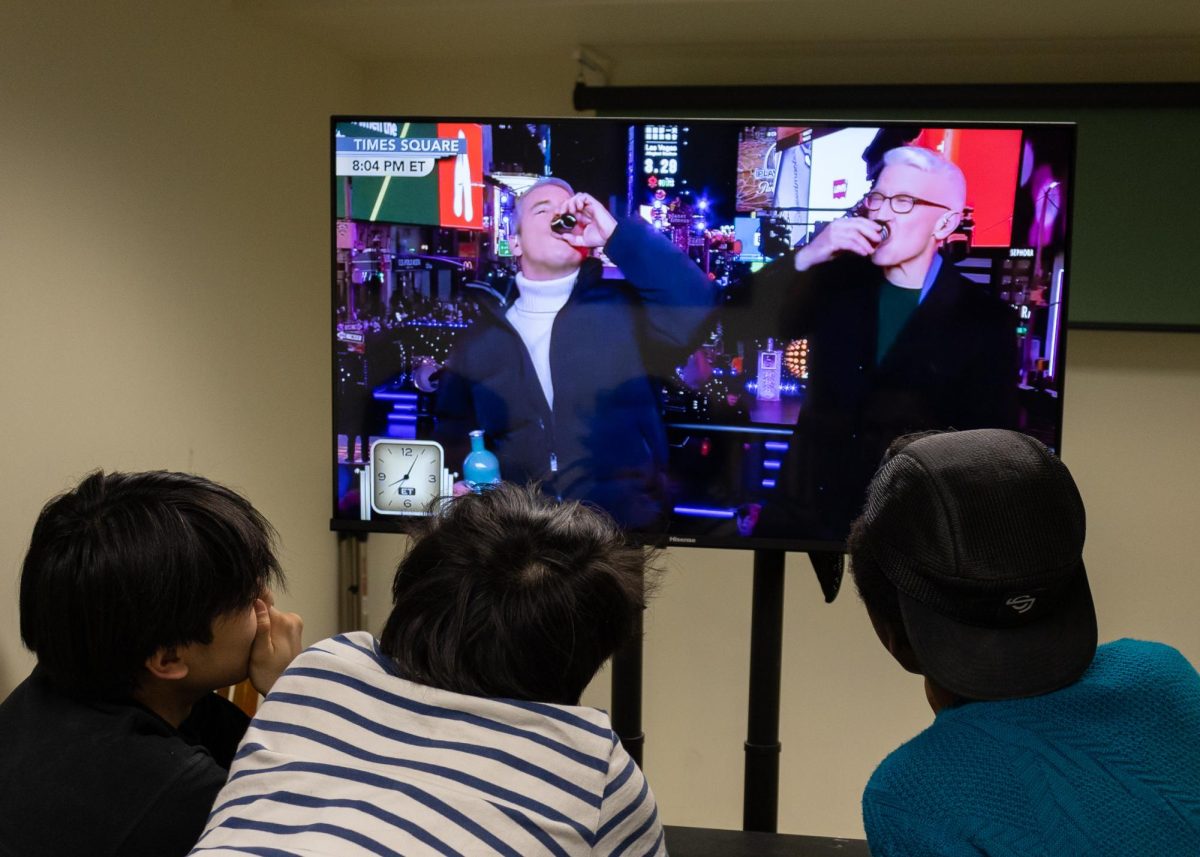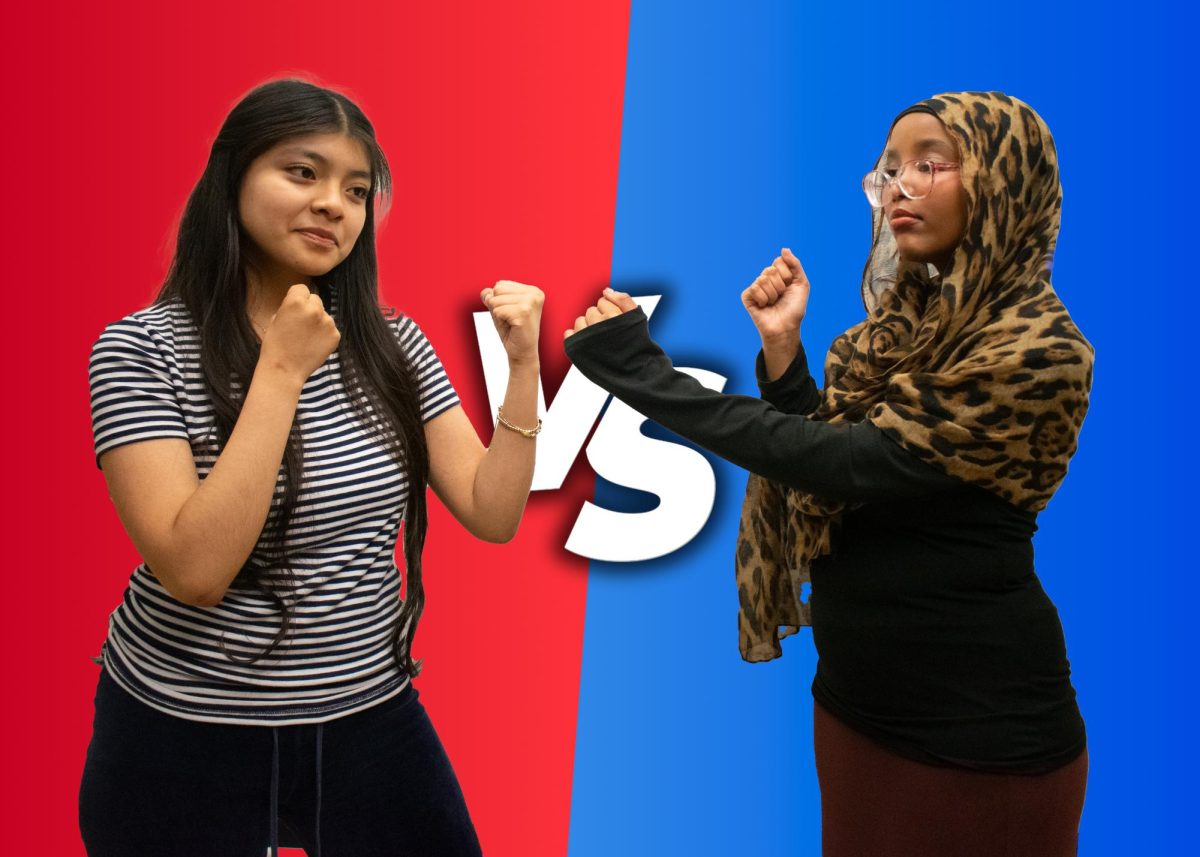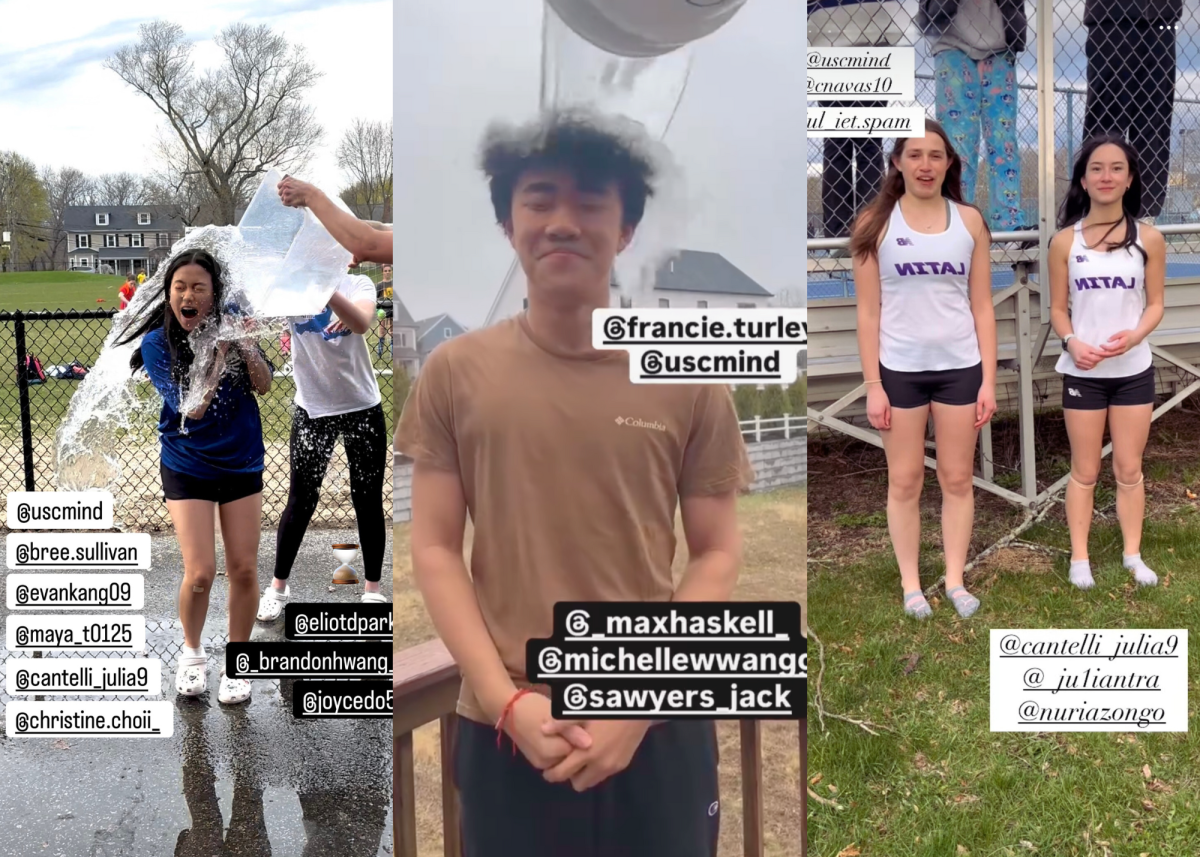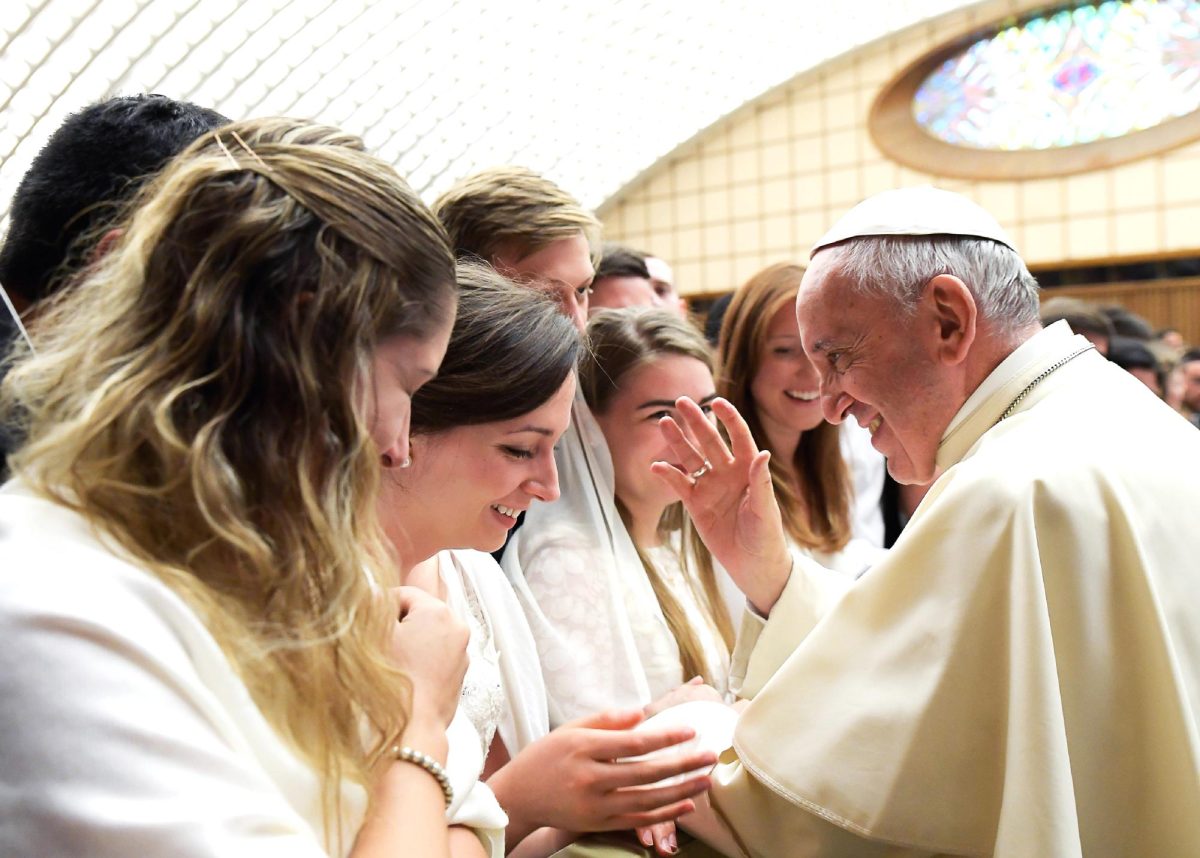The freedom of speech and the freedom of the press — rights protected by the First Amendment of the U.S. Constitution –– are the pinnacle of American expression. We can say what we want, when we want and how we want without censorship by the law. There are, however, times when censorship is necessary, particularly on live national television.
Whenever censorship is mentioned, society often associates it with a negative connotation. Many people think of things like banning books that discuss more sensitive topics such as racism, gender roles or LGBTQ+ rights. No matter what our feelings surrounding censorship in other areas are, however, it is necessary on certain live television broadcasts to maintain a level of appropriateness, especially when the footage is being released for all ages to see.
If you have ever tuned into the Cable News Network (CNN) New Year’s Eve broadcast from Times Square, then you are most likely familiar with the yearly show. The broadcasts begin a couple of hours before the clock hits midnight. Up until 12:00 A.M., there are all kinds of events, like musical performances and interviews. Throughout the broadcast, however, many people, including the hosts themselves, Andy Cohen and Anderson Cooper, tend to make inappropriate jokes while drinking heavily. Their humor entails topics like sex and others our society has deemed taboo.
Though some may view this as a positive breaking of oppressive societal norms, one must consider that these live television broadcasts are intended to be viewed by the entire general public. This means that a significant number of people, including children of all ages, watch the broadcast. When inappropriate material is openly displayed, it portrays very mature themes as suitable for exposure to young people.
To make matters worse, the reporters’ drinking has gotten out of hand. In the past year, CNN put a ban on any alcohol during the New Year’s Eve broadcast for this exact reason. CNN executives explain that as clips of their top anchors taking shots, acting wildly and saying things that should not be repeated on a school newspaper go viral, the credibility of their news source bears the brunt of the damage. Consider this: what image does it paint, when these are the same reporters that inform viewers of crises across the world?
This ban did not hold up for very long. TV talk show host Cohen, desperate to drink, went as far as to beg CNN reverse the ban. Despite the damage done to CNN’s legitimacy and the young children who witnessed the inappropriate scenes on live TV, Cohen remained adamant that they need to “give the daddies juice.” CNN eventually gave in, but they should not have.
In situations like this, America must be careful. There is a time and place for everything, especially when it comes to making sex-centered jokes and taking shots on a well-renowned national news channel. If the channel in question was Home Box Office, or another similar program, then this would not be an issue, because it is designated for a mature audience. CNN, however, is seen by the general public, and this type of content is not only impressionable on children, but also distracts from the whole point of the channel — news.
Maya Tran (I) expresses, “I think it is in the hands of the parents to know the best time and place for kids to be watching something.” If something inappropriate is playing, then parents should know to not have their kids in the room, but as Tran adds, “If it is a holiday broadcast like Thanksgiving Parade, Christmas or New Year’s, then [CNN] should know children are most likely watching those, so they should monitor what they are saying.”
Boston Latin School history teacher Ms. Clara Webb gives a unique perspective. As the internet and the media evolve and change, so do the regulations on it. She says that “some of these issues were so big, like ten or 20 years ago, because everyone watched TV […] but now it’s blown up, because there’s so many different media sources that aren’t regulated.”
This does not mean that we can say whatever we want on a national broadcast. BLS theater teacher Mr. Joseph Gels explains, “It comes down to what the intended audience of any given program is. If […] it’s a family-friendly event, then yeah, you shouldn’t be making sexual jokes.”
This is a decision that ultimately falls into the hands of CNN and its producers, but as the generation that was exposed to the trenches of the internet far too early, we can not let the same happen to the next. Ms. Webb goes on to say that when children are exposed to this, “it normalizes certain behaviors or activities,” but that “kids [should] be able to think critically about what they see, […] who’s producing it and why.”
CNN and other producers need to be more mindful and realize that, in this case, censorship is the way to go.
Categories:
CNN Dropped the Ball This New Year’s Eve
By Hamdi Mohamed (III), Contributing Writer
February 9, 2025
0








